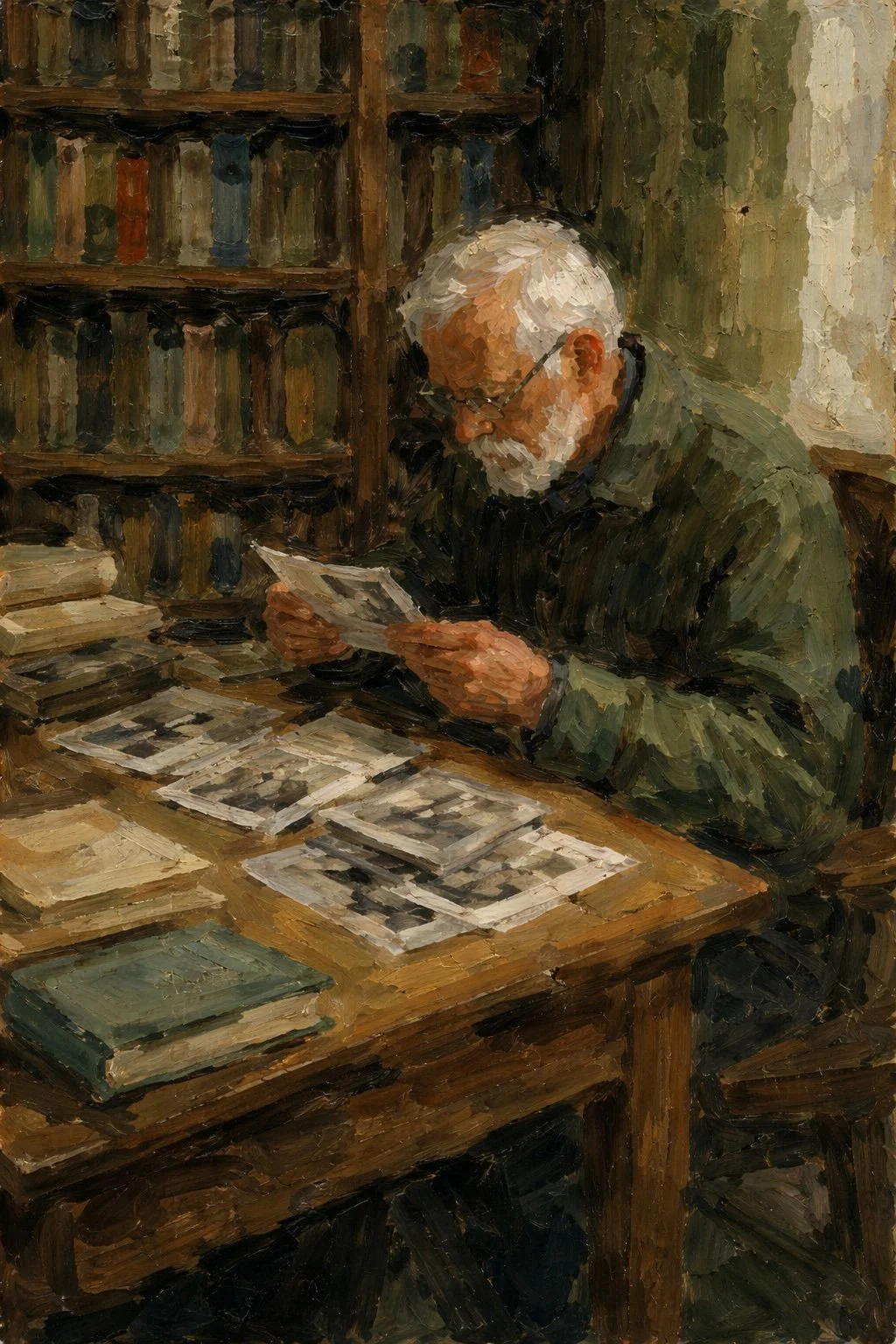Welcome to our informational blog.
Topics covered include literary theory and practice, academic writing techniques, philosophy of education, and explanations of our methods for strengthening creative intelligence.
The Long Arc of Ambition in a Writer’s Career
As ambition evolves, author mentorship begins to shift. A strong mentor helps identify patterns in a writer’s work, both strengths and habits that limit growth. This kind of guidance resists general advice. It attends closely to the writer’s material, helping them see where ambition exceeds execution or where fear has narrowed the possibilities within a draft.
The Difference Between Voice and Persona
A good book publishing consultant understands that voice does not need to be invented or defended. When working with author bios, synopses, or pitch materials, a consultant can help the writer describe their work in a way that reflects its actual temperament.
The Quiet Work of Rebuilding a Writing Practice
A creative writing mentor is someone who can see the writer’s situation without being entangled in it. Their presence shifts the emotional weight of reentry. Instead of facing the blank page alone, the writer approaches with a companion who holds the thread of continuity.
Lessons in Scale from the Nineteenth Century Novel
The Victorian novel trusts the reader’s appetite for gradual revelation. It relies on accumulation to invite a slower gaze. Working with a novel writing coach can help a writer translate these Victorian lessons into contemporary practice.
In Praise of What's Still Unfinished
A personal writing coach often helps a writer see the unfinished draft as evidence of progress instead of failure. A coach understands that writing unfolds in stages. Early drafts sprawl because they are supposed to sprawl. Characters contradict themselves because the writer is still learning who they are.
How Books Change With Us
Author mentors often encourage you to return to a book that once shaped you. They know that familiarity with the text gives you freedom to look more closely. Instead of rushing through the narrative, you can linger on a paragraph and notice how its movement is achieved. Mentors help you break down the mechanics of a moment that once felt mysterious. Their guidance gives you language for technique, which then becomes a tool you can apply to your own work.
The Hidden Possibilities Inside an Unfamiliar Voice
A writer working alone can sense when a shift in point of view might open the story. They can also feel unsure about how far to push the experiment. A manuscript consultation with a book publishing coach creates a space where those questions can be tested. The coach brings an outside ear that listens for tonal consistency, narrative balance, and the emotional undertones of a chosen voice.
When a Story Stays With You for Years
A book writing coach pays attention to the story’s internal evolution as well as the writer’s. They listen for the quiet signals that the project has entered a new stage and help the writer recognize when the story has matured enough for renewed work.
Learning to Remember: The Bildungsroman and the Writer’s Own Education
The best novel coaches understand that the writer’s craft and the writer’s consciousness are inseparable. To help someone shape a novel is to help them clarify their relationship to knowledge, power, and self-knowledge—the same concerns that animate the Bildungsroman. When done well, this relationship embodies the very philosophical principles that the Bildungsroman explores: autonomy, dialogue, moral perception, and the slow maturation of judgment.
The Writer as Teacher: What Fiction Teaches About Knowing and Being Known
The novelist creates conditions for insight, builds worlds that demand thought, empathy, and moral risk. The online writing coach, in turn, creates those same conditions for the writer. Both work in the same tradition of mentorship that has existed since the first dialogues of philosophy: one mind guiding another toward a clearer way of seeing.
The Slow Apprenticeship: Learning to Take Your Time as a Writer
To take one’s time as a writer is to choose depth over speed, discovery over performance. It is to accept that a book grows through cycles of disassembly and renewal. A good manuscript critique can illuminate those cycles, but it cannot replace the lived apprenticeship of time. That work—the slow, private, humbling labor of returning again and again to the page—is the truest form of study there is.
The Art of Becoming: Bildung and the Writer’s Inner Formation
A skilled literary coach embodies the role of the Humboldtian mentor: someone who helps the writer engage in genuine formation rather than performance. Coaching provides a space in which the writer’s development is guided by inward growth. It is, in essence, a practice of Bildung adapted to the modern creative life.
Finding Your Voice After Graduate School: Life Beyond the MFA
If the MFA is an apprenticeship in craft, author mentorship after the MFA is an apprenticeship in sustainability. It teaches how to endure the long stretches of uncertainty, how to balance creative work with the demands of life, and how to remain curious when the world is indifferent. In that sense, the search for voice is inseparable from the search for self—a continuous negotiation between artistic solitude and connection.
The Writing Tutor’s Dilemma: On Ethical Revision
The most ethical mentors are those who preserve the integrity of the apprentice’s voice even while pushing it toward greater rigor. In essay tutoring, that same dynamic applies on a smaller scale: a paragraph, a thesis statement, a single line of dialogue. Every micro-intervention carries ethical weight because it alters the path of development.
The Fictional Mind: How Writers Build Consciousness on the Page
To write fiction, then, is to perform a feat of imaginative empathy. The writer must invent the mind of another and sustain it with conviction. This process—so central, so mysterious—is where literary coaching and mentorship often prove invaluable, because it is as much psychological and philosophical as it is technical.
Revolutionary Fiction: On Writing, Hope, and Mentorship
Author mentorship sustains the slow, demanding discipline that serious writing requires. In anxious times, the impulse is toward immediacy: social media statements, hot takes, rapid reaction. Fiction, by contrast, asks for stillness. It demands that the writer dwell long enough with uncertainty to find complexity rather than slogans. A mentor helps a writer tolerate that discomfort—the long periods when the story resists clarity—and teaches them to trust that patience is part of the ethical labor of art.
Mentorship and the Sublime: Finding Voice in the Tradition of Burke, Kant, and the Romantics
The sublime began as a philosophical category, found poetic expression in the Romantics, and continues to evolve as writers reinterpret its possibilities. What remains constant is the challenge: how to render the immensity of experience in the smallness of language. Author mentorship offers one of the surest ways to meet that challenge, guiding writers to study the past while discovering their own voice within it.
The Western Novel: The Legacy of the Frontier Myth
To appreciate how the Western novel has evolved, it helps to trace how this myth has been constructed, reinforced, and contested, and to see how contemporary writers grapple with its complicated legacy. For anyone seeking to write within or against this tradition, the support of an online creative writing coach can help navigate the cultural baggage that comes with working in a myth-laden genre.
Rethinking Gender in Sports Writing: How Coaching Shapes Better Narratives
A personal writing coach brings an external perspective that helps challenge these patterns. By engaging closely with a writer’s drafts, a coach can point out moments where language choices may be unintentionally reinforcing stereotypes.
Choice or Fate? Exploring Free Will and Determinism in Screenwriting
Many writers, deeply immersed in their stories, lose sight of whether their characters’ actions feel inevitable or arbitrary. Script feedback from a screenwriting consultant can help them strike the right balance, ensuring that characters come across as fully realized individuals rather than as pawns of plot mechanics or mouthpieces for philosophical abstractions.





















